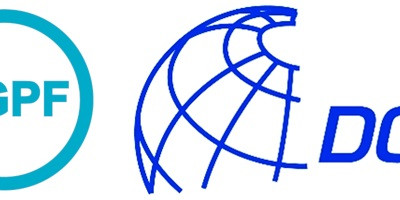GIMethods 2020

We have recently conducted a virtual doctoral colloquium together with co-organisers from the Universities of Twente, Bonn, and Heidelberg. The event took place under the patronage of both the German Society for Photogrammetry, Remote Sensing and Geoinformation (DGPF) and the German Geodetic Commission (DGK). In addition to individual mentoring of the participating PhD students by means of Face2Face sessions, we were pleased to have a fantastic line-up of speakers:
J Gray (U Leeds): Creating a neighbourhood change index: the underpinning methodology
HC Haacke (HU Berlin): Agent-based modelling for analysing spatiotemporal segregation of the elderly in cities
L Zhang (TU Dortmund): The job accessibility and affordable housing in Shanghai
L Winiwarter (U Heidelberg): Improving surface change detection by rigorous error modelling in 4D point clouds
K Anders (U Heidelberg): Spatiotemporal segmentation of topographic surface changes using time series of 3D point clouds
M Voelsen (U Hannover): Automatic change detection and update of high-resolution topographic databases using Sentinel-2 imagery
S Abolhasani (HU Berlin): Developing game-theoretic decision-making frameworks for simulating spatiotemporal dynamics of landuse change in Tehran, Berlin
S Wolff (HU Berlin): Multiscale trade-off analysis of agricultural landscape structure, diversity and management
M Zahtila (TU Dresden): Methods of visual comparison for analysing social media data
F Maiwald (TU Dresden): Orientation of historical images in four-dimensional environments for spatiotemporal analysis
More than 30 attendees provided an inspiring atmosphere and vivid discussions. We are looking forward already now to the next colloquium in 2021!

